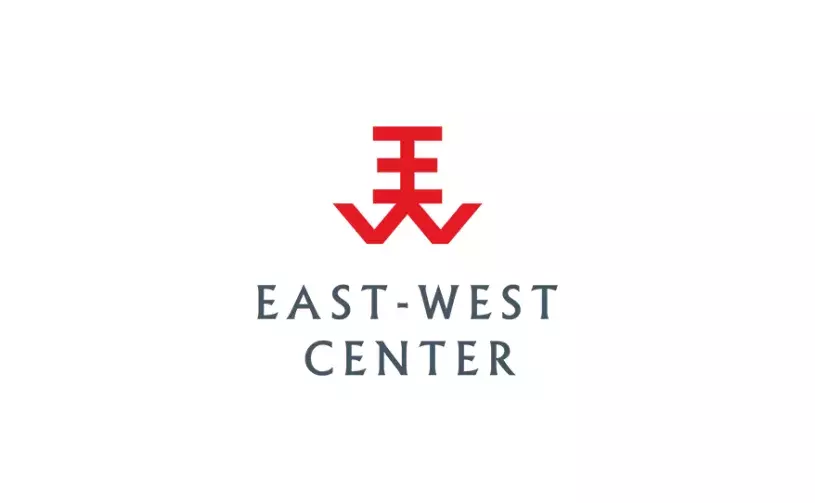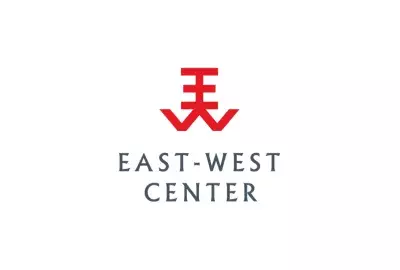Error message

Understanding public perception and attitudes toward air quality and regulation is critical for successful citizen involvement as shifts toward new technologies and management alternatives take place. While urban air pollution continues to be a major risk in most parts of the world, very few studies and surveys have been conducted to systematically study public perceptions related to air pollution. Even fewer studies have focused on developing countries. This gap is critical because of the complex interaction between poverty, livelihoods and sustainable development in developing countries. A Pressure-State-Response framework is used to review studies of public perceptions of air pollution and knowledge gaps are identified. The paper highlights unique characteristics of urban areas in developing countries in the context of air pollution related perceptions.
The views expressed are those of the author and do not necessarily reflect East-West Center policies or positions.
Understanding public perception and attitudes toward air quality and regulation is critical for successful citizen involvement as shifts toward new technologies and management alternatives take place. While urban air pollution continues to be a major risk in most parts of the world, very few studies and surveys have been conducted to systematically study public perceptions related to air pollution. Even fewer studies have focused on developing countries. This gap is critical because of the complex interaction between poverty, livelihoods and sustainable development in developing countries. A Pressure-State-Response framework is used to review studies of public perceptions of air pollution and knowledge gaps are identified. The paper highlights unique characteristics of urban areas in developing countries in the context of air pollution related perceptions.
The views expressed are those of the author and do not necessarily reflect East-West Center policies or positions.
East-West Center Working Papers, Environmental Change, Vulnerability, and Governance Series





